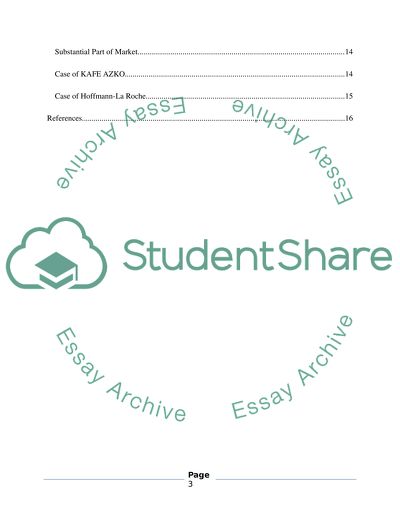Cite this document
(“EU LAW Coursework Example | Topics and Well Written Essays - 2000 words”, n.d.)
EU LAW Coursework Example | Topics and Well Written Essays - 2000 words. Retrieved from https://studentshare.org/other/1399375-eu-law
EU LAW Coursework Example | Topics and Well Written Essays - 2000 words. Retrieved from https://studentshare.org/other/1399375-eu-law
(EU LAW Coursework Example | Topics and Well Written Essays - 2000 Words)
EU LAW Coursework Example | Topics and Well Written Essays - 2000 Words. https://studentshare.org/other/1399375-eu-law.
EU LAW Coursework Example | Topics and Well Written Essays - 2000 Words. https://studentshare.org/other/1399375-eu-law.
“EU LAW Coursework Example | Topics and Well Written Essays - 2000 Words”, n.d. https://studentshare.org/other/1399375-eu-law.


